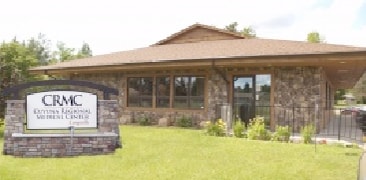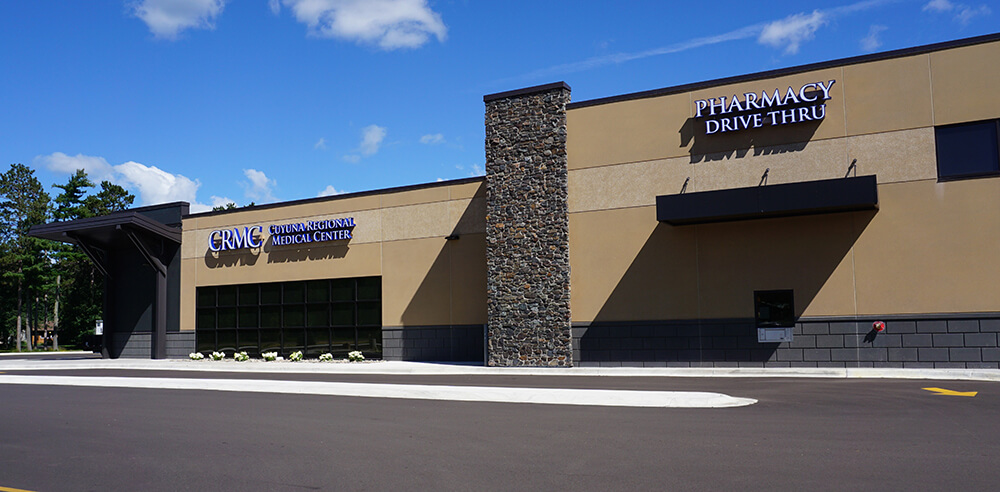Traumatic Injuries
No one ever plans to have an injury. Arm and hand injuries from falls, cuts, power tools or even car accidents can be delicate and sensitive to repair.
Common injuries treated include:
- Tendon and nerve lacerations
- Sports injuries of the hand and wrist
- Fractures of the hand, wrist, and forearm
- Dislocations
- Ligament strains, tears
- Amputations
- Fractures of the elbow, forearm wrist, and hand
- Traumatic carpal tunnel syndrome
Conditions due to aging or other processes
- Deformity Correction
- Dupuytren’s Contracture
- Hand & Thumb Arthritis
- Hand Numbness
- Osteoarthritis & Rheumatoid Arthritis
- Trigger Finger
- Mucous cyst
- Ganglion
- Sports injuries of the hand and wrist
- Fractures of the hand, wrist, and forearm
- Trigger finger
- Arthritis
- Complex Regional Pain Syndrome
Overuse Injuries
Injuries that occur slowly over time can be just as problematic as a broken bone when it comes to using your arm in everyday tasks.
Common overuse injuries include:
Symptoms most often occur in the thumb, index finger, middle finger, and half of the ring finger. If you have problems with your other fingers but your little finger is fine, this may be a sign that you have carpal tunnel syndrome. A different nerve gives feeling to the little finger. You may first notice symptoms at night. You may be able to get relief by shaking your hand.
Dr. Moen will ask if you have any health problems—such as arthritis, hypothyroidism, or diabetes—or if you are pregnant. She will ask if you recently hurt your wrist, arm, or neck. Your specialist will also want to know about your daily routine and any recent activities that could have hurt your wrist. During the exam, Dr. Moen will check the feeling, strength, and appearance of your neck, shoulders, arms, wrists, and hands. She may suggest tests, such as blood tests or nerve tests.
The goal of treatment for carpal tunnel syndrome is to allow you to return to your normal function and activities and to prevent nerve damage and loss of muscle strength in your fingers and hand.
Treatment options include:
- Home treatment, such as changing or avoiding activities that may be causing symptoms and wearing a wrist splint.
- Medicines, such as nonsteroidal anti-inflammatory drugs (NSAIDs) to relieve pain and reduce inflammation. In some cases, oral corticosteroids or corticosteroid injections into the carpal tunnel may be considered.
- Surgery is sometimes recommended when other treatment hasn't helped, if you've had carpal tunnel syndrome for a long time, or if there is or the risk of nerve damage.
- Hand therapy- may include ultrasound, soft tissue mobilization, nerve gliding exercises, posture retraining and ergonomic modifications.
Symptoms most often occur in small finger and half of the ring finger. You may notice hand weakness.
Dr. Moen will ask if you have any health problems—such as arthritis, hypothyroidism, or diabetes—or if you are pregnant. She will ask if you recently hurt your elbow, arm, or neck. Your specialist will also want to know about your daily routine and any recent activities that could increase your symptoms. During the exam, Dr. Moen will check the feeling, strength, and appearance of your neck, shoulders, arms, elbow, wrists, and hands. She may suggest tests, such as blood tests or nerve tests.
The goal of treatment for cubital tunnel syndrome is to allow you to return to your normal function and activities and to prevent nerve damage and loss of muscle strength in your fingers and hand.
Treatment options include:
- Home treatment, such as changing or avoiding activities that may be causing symptoms and wearing an elbow pad
- Medicines, such as nonsteroidal anti-inflammatory drugs (NSAIDs) to relieve pain and reduce inflammation.
- Surgery is sometimes recommended when other treatment hasn't helped, if you've had cubital tunnel syndrome for a long time, or if there is or the risk of nerve damage.
- Hand therapy- may include ultrasound, soft tissue mobilization, nerve gliding exercises, posture retraining and ergonomic modifications.
Tennis elbow or lateral epicondylitis, involves pain at the outer elbow where the wrist tendon attaches to the elbow bone. Symptoms include pain with grip, bringing your wrist back, pain at the elbow when carrying items-especially with your elbow straight. Dr. Moen will ask you to perform grip and wrist motions. She may evaluate the strength of your wrist muscles and press on your elbow to determine the source of the elbow pain. Tennis elbow can take up to a year to resolve on its own. It tends to recur. Home treatment includes changing activities and elbow or wrist bracing. Hand therapy may be offered. PRP injection may be considered.
Golfer’s elbow or medial epicondylitis, involves pain at the inner elbow where wrist tendons attach to the elbow bone. Symptoms include pain with grip and pain bringing your wrist down. Dr. Moen will ask you to perform grip and wrist motions. She may evaluate the strength of your wrist muscles and press on your elbow to determine the source of the elbow pain. Golfer’s elbow can take up to a year to resolve on its own. It tends to recur. Home treatment includes changing activities and elbow or wrist bracing. Hand therapy may be offered. PRP injection may be considered.
Hand pain can happen for many reasons, from accidents to conditions that are ongoing. It can often be treated so that your symptoms ease up.
Tendonitis is inflammation of the thick fibrous cords that attach muscle to bone. These cords are called tendons. The condition causes pain and tenderness just outside a joint.
Tendonitis is often treated with bracing to rest the irritated soft tissue structures. Hand therapy can be helpful. Injections are sometimes used to decrease pain and inflammation and restore function.











